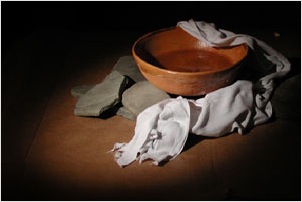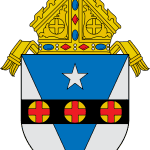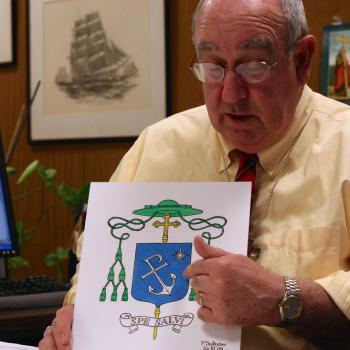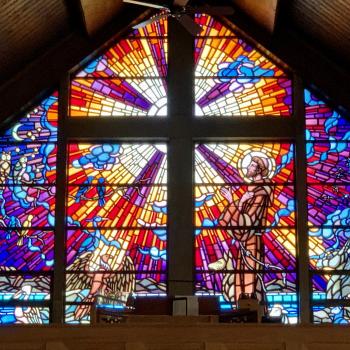Over the last several months, many deacons have wondered: “What role can we play?” in helping to heal a broken and bruised Church. Robert Klesko, a man in formation to become a Byzantine deacon, offers some ideas in the National Catholic Register:
For Ignatius, the deacon is not a social worker. He is essential to the life of the local Church, for he represents an essential revelation, “a commandment” of Jesus Christ. The contribution of the diaconate to the building up of the early Christian Church is without question. Consequently, what role could the deacon play today to quell this present crisis?
In our contemporary crisis, the deacon ought to take up his mantle of emissary again. An emissary is a “go-between,” a link between two parties. The deacon is the link between the bishop and the parish priest. A deacon, assigned to a parish by the bishop, enjoys a unique and advantageous perspective that can be key to overcoming the sin of abuse. The deacon ought to serve as the “eyes” of the bishop for the parish, with a keen eye to report any financial or sexual abuses. He also ought to hold the bishop accountable for any reports of abuse. He can facilitate this “emissary role” because the deacon is not financially dependent on his parish nor the diocese. As a man with a “day job,” he has no financial ties to the Church. As such, he does not have to defend his position for selfish reasons.
Additionally, our deacons often come from professional backgrounds (lawyers, accountants, business, etc.) as such they are equipped with the skillset to approach situations of impropriety with the professionalism inherent to their secular careers. Finally, many of our deacons are family men with wives and children and as such, they have eyes trained to protect the vulnerable. The experience of the domestic Church is a powerful spiritual and biological training-ground for the creation of safe environments. For these reasons, the diaconate can be the perfect watchdog for the right governance of the Church.
Let me go a step further. I believe that the deacon, with his professional background, family experience and Christ-given call as “herald of the Gospel,” is the perfect candidate to step into many roles at the diocesan level. A deacon could be a chancellor, a CFO, a tribunal judge, the Vicar for Clergy, a vocation director or a parish administrator. In fact a deacon could fill almost any high-ranking position in the diocesan curia. He could also fulfill these roles at the Metropolitan level, the national level, and even in the Roman Curia. Not only are many deacons professionally qualified for such leadership roles but they also would bring the sacramental grace of their ordinations into their curial ministry.
I’ve also told deacons on retreats and in convocations that we can (and should) be a prophetic voice from the pulpit. Often, deacons can say what priests cannot (or will not) and can speak for those who feel they have no voice. This can help give many struggling people what they desperately need now: a sense of empowerment and hope.













